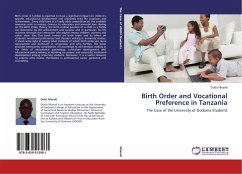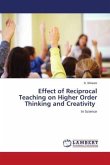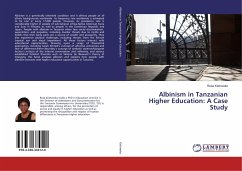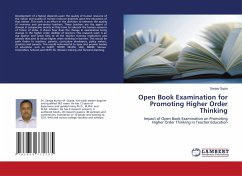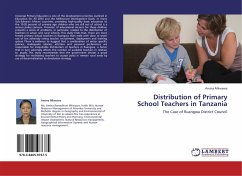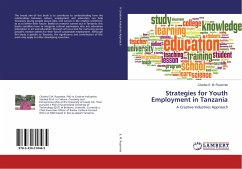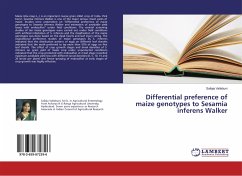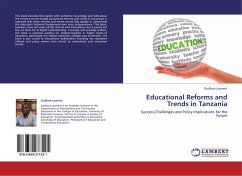Birth order in families is reported to have a significant impact on children's growth, educational development and ultimately their life vocations and achievement. Every child born in a family adds competition on the available resources such as money, chances to education and parental love. Basing on the Birth Order theory, the birth ordinal position of a child in a family can determine his life achievement and success, and in particular, his life vocation through the interactive role played among children, parents and other close kins. This book centers on birth order and its effect on students' vocational preferences and decision making in university studies. It sheds some light in seeing what students of which birth order are more represented and dominant in universities and why. Further, the book provides noteworthy contribution of knowledge to and decision making in the fields of educational psychology, curriculum development and educational policy making in deciding on proper and successful vocational development among university students. Moreover, it is a useful resource to experts who involve themselves in professional career guidance and counseling.

